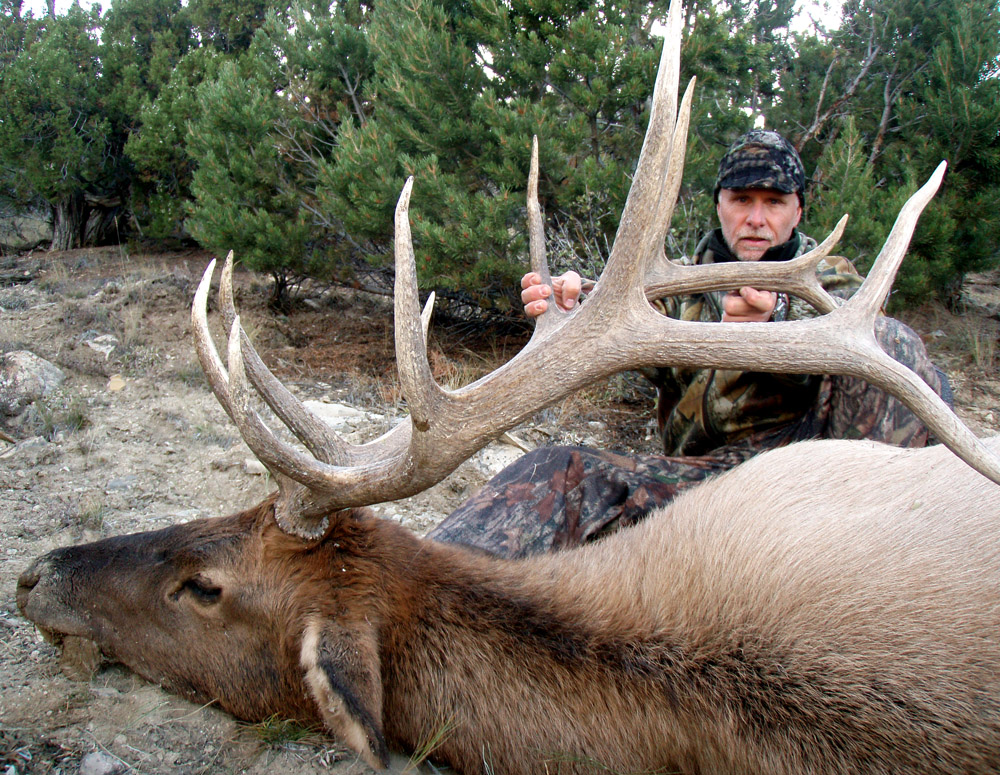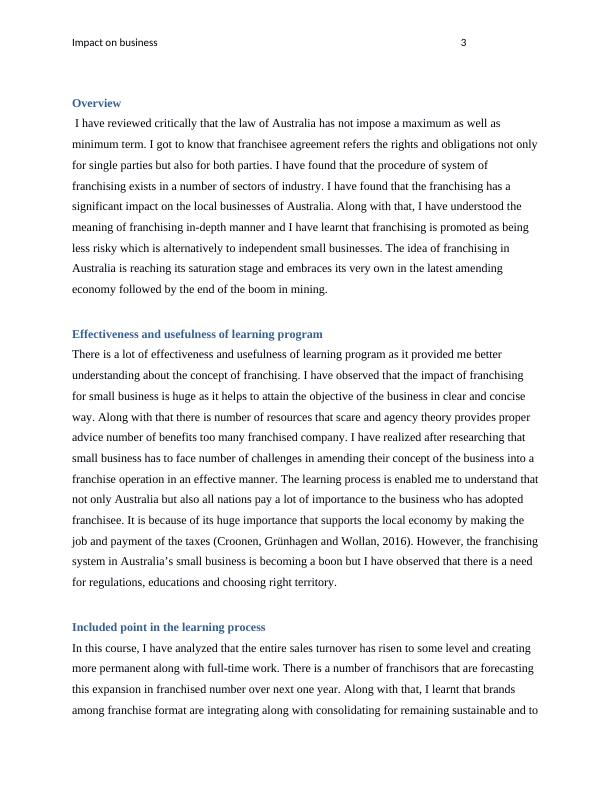Public Comment Leads To Significant Reductions In Jackson Elk Hunt

Table of Contents
The Initial Proposed Elk Hunt and Public Backlash
The initial proposal for the Jackson elk hunt by the Wyoming Game and Fish Department suggested a quota of 1500 elk. This decision was based on concerns about potential overpopulation and the subsequent damage to the delicate ecosystem's habitat. The rationale cited potential overgrazing leading to habitat degradation and negative impacts on other species. However, this proposal ignited immediate and widespread public backlash. Citizens expressed their concerns through various channels, including online petitions, formal letters to the department, and passionate displays of opposition at public meetings. The power of collective action became evident as these diverse channels amplified the voices of concerned individuals.
- Petition with over 10,000 signatures opposing the hunt. This online petition garnered international attention, highlighting the widespread concern surrounding the proposed hunt's scale.
- Public meeting with overwhelming opposition to the proposed quota. The public meeting was characterized by emotional testimony from residents, conservationists, and tourism stakeholders, all united in their opposition.
- Social media campaigns raising awareness and mobilizing support. Hashtags like #SaveJacksonElk and #ProtectOurWildlife trended on various platforms, creating a viral movement against the proposed hunting licenses.
These actions successfully put pressure on the Wyoming Game and Fish Department to reconsider its initial proposal, demonstrating the significant impact of concerted public engagement in wildlife conservation. The use of different channels and the sheer volume of public comment demonstrated the collective desire to protect Jackson's elk and their habitat.
Key Arguments Presented in Public Comments
The public's opposition to the initial elk hunting quotas rested on several key arguments, highlighting concerns that spanned environmental, economic, and ethical considerations. These arguments were supported by scientific studies, expert opinions, and economic data presented during public comment periods.
- Environmental concerns: Many emphasized the potential for long-term damage to the elk population's genetic diversity through the removal of such a large number of animals. This concern was backed by scientific studies showing the importance of maintaining genetic diversity for the long-term health of wildlife populations.
- Economic impact: Opponents argued that a large-scale elk hunt could negatively impact the significant tourism industry in Jackson, potentially discouraging visitors and harming the local economy. Data showcasing the economic contribution of wildlife viewing tourism was presented in support of this argument.
- Ethical considerations: A significant number of public comments raised ethical objections to the large-scale killing of elk, arguing that more humane and sustainable wildlife management techniques should be explored. This ethical perspective focused on the intrinsic value of wildlife and the need for responsible stewardship.
These arguments, powerfully articulated through public comment, contributed to a reassessment of the proposed elk hunting plan. The diverse nature of the concerns and the quality of the evidence presented significantly influenced the final decision.
The Revised Elk Hunt and the Role of Public Comment
In response to the overwhelming public outcry, the Wyoming Game and Fish Department significantly revised the elk hunt plan. The initial proposal's quota of 1500 elk was drastically reduced to 300, reflecting the direct influence of public input. This adjustment showcased the power of collective action in shaping government response to wildlife management issues. The changes extended beyond a simple quota reduction.
- Reduction of the hunting quota from 1500 to 300 elk. This substantial reduction directly addressed the main public concern regarding the potential depletion of the elk population.
- Implementation of stricter regulations for hunting specific age groups of elk. The revised regulations prioritized the protection of younger elk, ensuring the long-term health and sustainability of the population.
- Establishment of new protected areas within the hunting zone. These newly designated areas provided additional refuge for elk, further mitigating the impact of the hunt on the overall population.
A statement released by the Wyoming Game and Fish Department acknowledged the significant role public comment played in shaping the revised hunting regulations. The department emphasized the importance of public participation in informing their decision-making processes. This positive response demonstrates the efficacy of public engagement in influencing conservation policy.
Conclusion: The Power of Public Comment in Jackson Elk Hunt Management
The Jackson elk hunt exemplifies the profound impact of public comment on wildlife management decisions. The significant reduction in the hunting quota, from 1500 to 300 elk, directly resulted from the widespread public concern voiced through various channels. This success underscores the critical importance of public participation in shaping conservation policies and ensuring responsible wildlife management practices. Collective action, as demonstrated by the organized public response, can effectively influence government agencies to adopt more sustainable and ethically sound approaches to wildlife conservation.
Make your voice heard! Engage in wildlife conservation and influence future Jackson elk hunt decisions through public comment. Your participation matters. Stay informed and involved by visiting [link to Wyoming Game and Fish Department website] and [link to relevant resource website for submitting public comments]. Contribute to the ongoing conversation about effective wildlife management and help protect our valuable wildlife resources.

Featured Posts
-
 Cassis Blackcurrant The Definitive Guide
May 22, 2025
Cassis Blackcurrant The Definitive Guide
May 22, 2025 -
 Casper Boat Lift Infestation A Zebra Mussel Problem
May 22, 2025
Casper Boat Lift Infestation A Zebra Mussel Problem
May 22, 2025 -
 Core Weave Crwv Stock Surge Reasons Behind The Jump
May 22, 2025
Core Weave Crwv Stock Surge Reasons Behind The Jump
May 22, 2025 -
 Risicoanalyse Abn Amro De Kwetsbaarheid Van Voedingsbedrijven Door Goedkope Arbeidsmigranten
May 22, 2025
Risicoanalyse Abn Amro De Kwetsbaarheid Van Voedingsbedrijven Door Goedkope Arbeidsmigranten
May 22, 2025 -
 Espns Bruins Offseason Analysis Key Changes And Franchise Impact
May 22, 2025
Espns Bruins Offseason Analysis Key Changes And Franchise Impact
May 22, 2025
